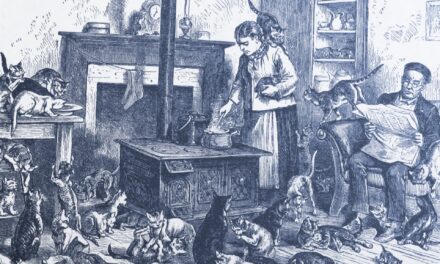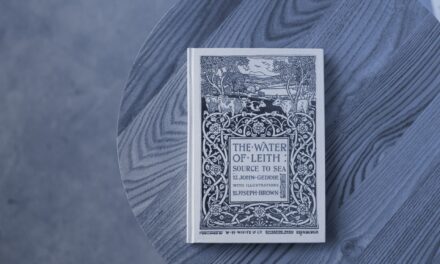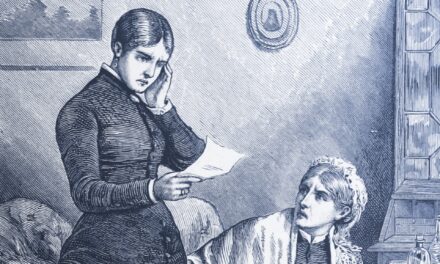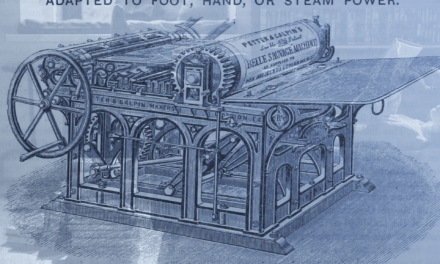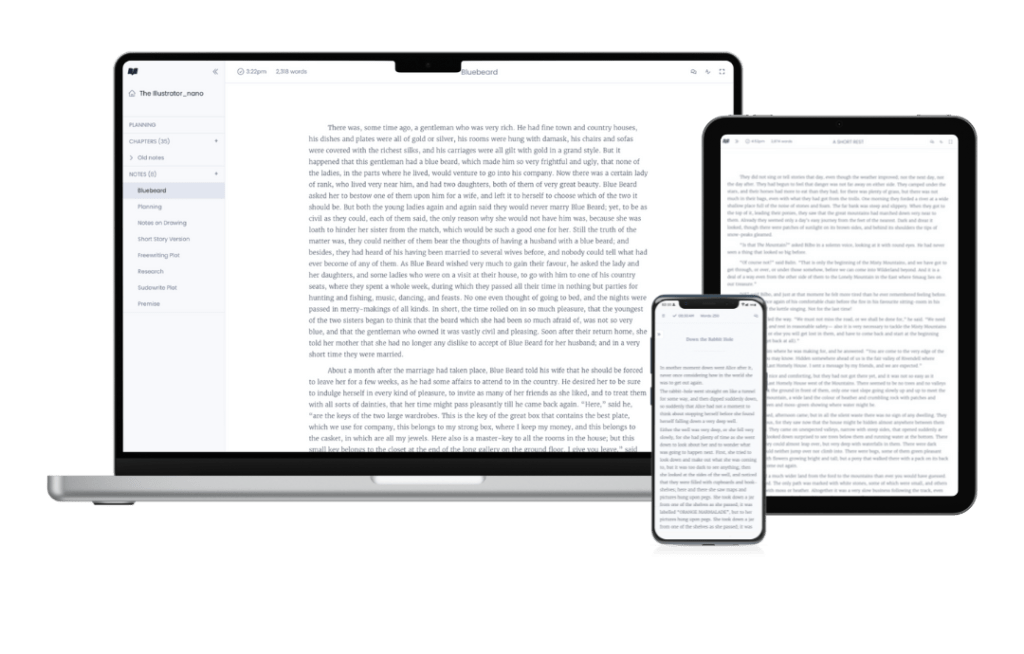
How to Write an Engaging Author Bio

Ever wondered how to effectively introduce yourself to your readers? An engaging, well-written author bio can do just that. In just a few lines, your bio can convey your personality, background, and most importantly, showcase you, as a writer.
Whether it’s for a book, a magazine article, or a blog, an author bio that leaves an impression is a good way to put your best foot forward with readers.
Why is a good author bio important?
An author bio serves a crucial purpose. It is a brief introduction to you, the writer. It allows readers, publishers, and critics to connect with the person behind the words. It’s your first impression, your handshake with your reader, and as such, it’s something you need to invest some time and energy into getting right.
A good author bio lets you showcase your expertise. If you’ve had personal experience in the subject you’re writing about (a historian writing historical fiction, for example), or if you’ve had your work published before, then your bio should highlight this. It also gives readers a chance to get to know you, so they know they’ll be interested in hearing what you have to say.
Readers look at a lot of books, and your author bio is one of the elements that will convince them to pick up or pass on your work. For many readers, who you are as a writer can have as big an impact on whether they choose to read your work over another as your blurb.
How to write a great author bio
The basics
Start with the basics. Introduce yourself. Begin with your name and a little bit about who you are. But do so in a way that’s creative and showcases your authorial voice.
A creative example of how to do this might be:
- “A fanciful bard with a penchant for the peculiar, [Author Name]…”
- “When not weaving tales of fantasy and wonder, [Author Name]…”

Your accomplishments
If you have any writing accomplishments, then these should also be included early on. Writing accomplishments can give you credibility. It shows your readers that you’re not only passionate about your craft but also accomplished at it. Here are some examples:
- “The creator of the critically-acclaimed [Book Name]…”
- “With over [Number] published short stories to her name…”
Make it personal
Readers also love writers who are personable and relatable. A unique or interesting fact about yourself, a hobby, or perhaps a whimsical detail can add personality to your bio:
- “A serial tea-drinker, he’s often found with a cup in one hand and a book in the other…”
- “When she’s not lost in the world of writing, [Author Name] can often be found exploring hidden bookstores and collecting antique typewriters.”
Keep it current
Make sure your bio is up-to-date. This includes recent achievements, publications, and any changes that might be relevant to your career or writing style. It’s easy to let your bio remain static, but if your writing and your process change, then so should your bio.
- “After years of writing non-fiction, he has recently delved into the world of science fiction and is excited to explore new storytelling possibilities.”
- “Following a life-changing trip to [Location], she has found inspiration for her upcoming novel, which delves into the themes of self-discovery and adventure.”
Keep it short
Keeping your author bio short is essential because it respects the reader’s time and attention span. Best practice puts the ideal length of a bio between 100-300 words.
A brief but impactful bio ensures the reader won’t lose interest and skip over important details about you. It also shows you can communicate with readers without waffling, which showcases your ability as a writer. If your bio doesn’t read easily, then a reader will assume your book doesn’t either.
Treat it like your manuscript
Just like your manuscript, your first version should never be the final version. You should let your bio sit for a few days and come back to edit, just like you would any project you’re working on.
I also find it helpful to get feedback from different people, just like you would from beta readers. This is especially important for a bio because it’s almost impossible to be completely dispassionate about yourself. Readers from your network, for instance, might remember achievements you should include that you don’t immediately remember, and they can also help with tone and relatability.
In summary
An impressive author bio is not just an account of who you are as a writer, but also a compelling story about your journey, your achievements, and your personality. Remember, it can be a powerful tool to connect with your readers. So, take your time, be creative and let your bio showcase the real you. The world is waiting to meet the writer behind the words.

